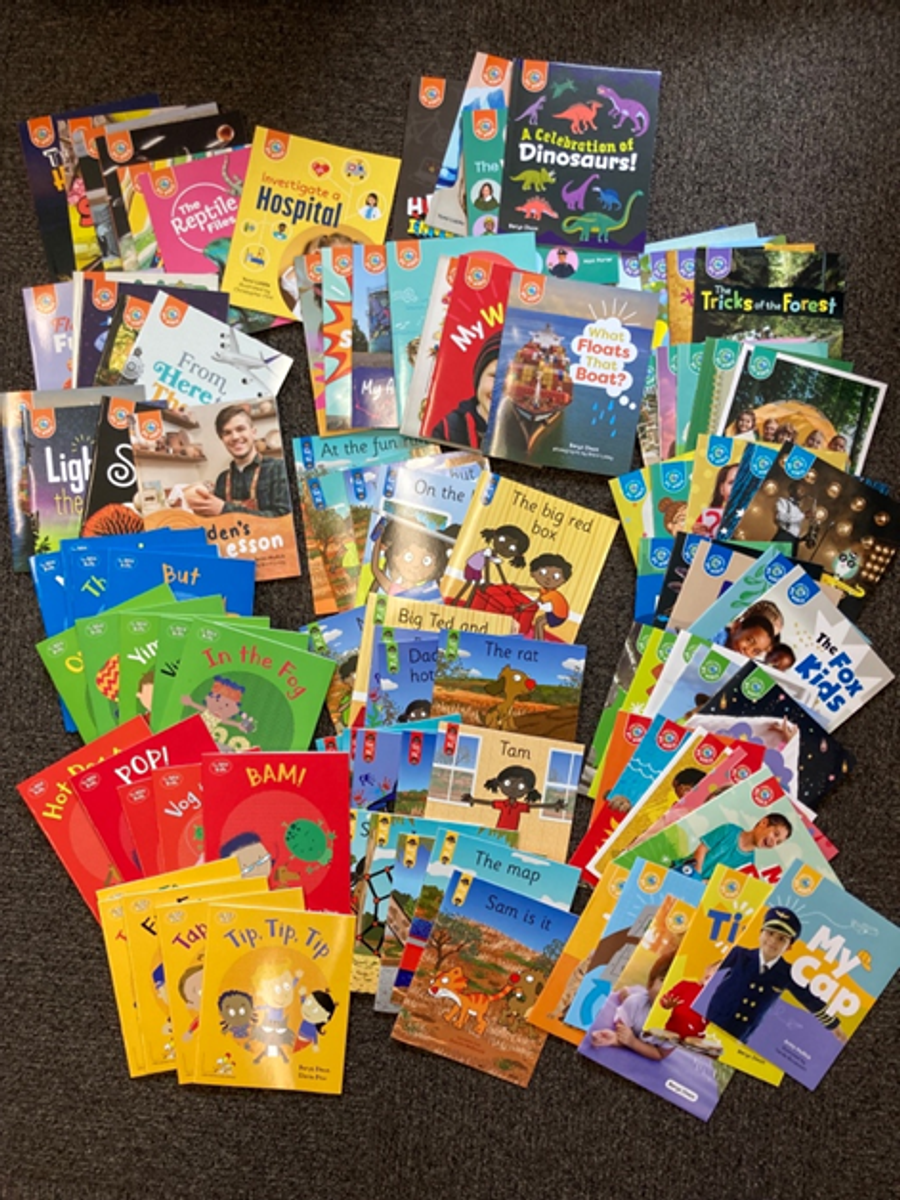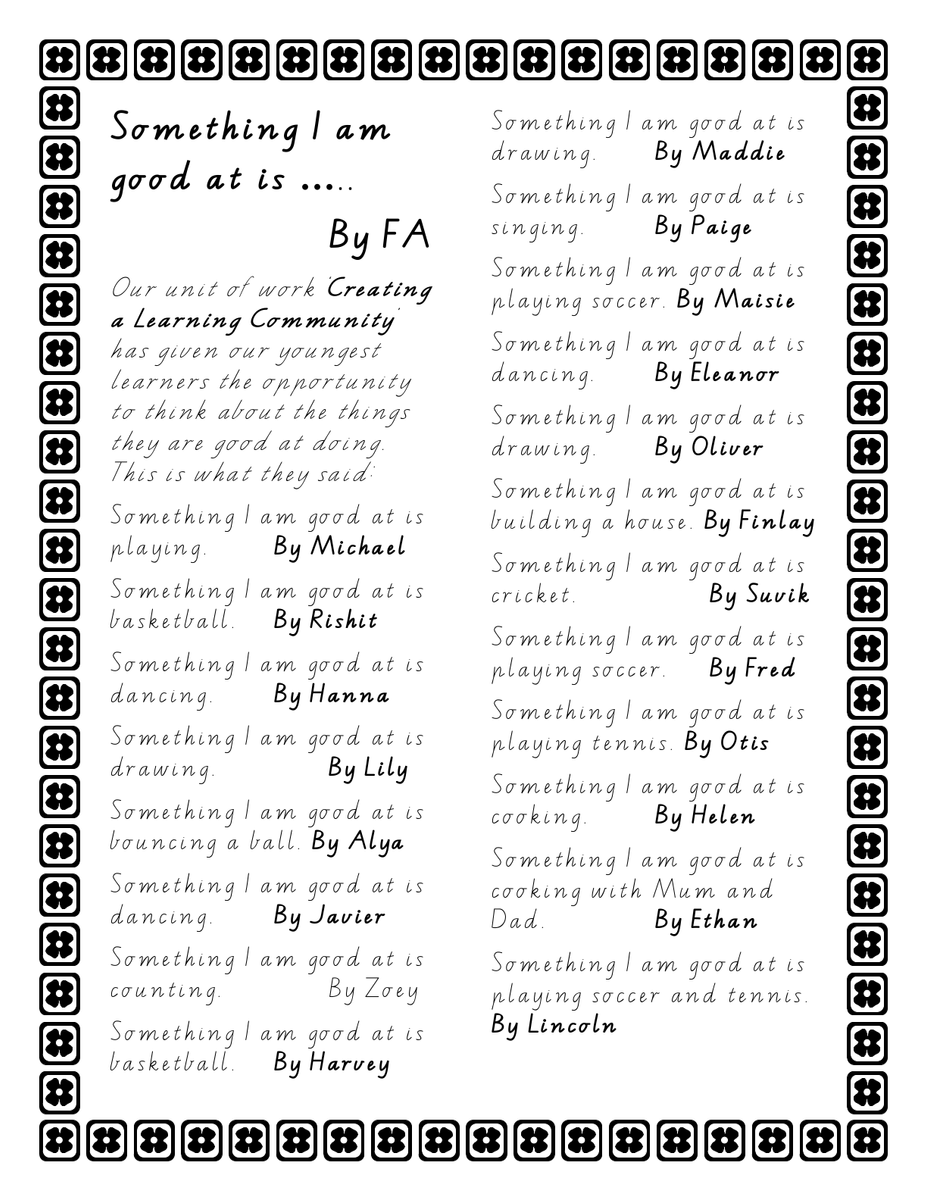Thank you to Elaina, Michelle, and our fabulous Parent’s & Friend’s Association for your fundraising efforts!
Thanks to you, we have a wonderful selection of new Take-Home Readers for our Preps!
We can’t wait to read them all!
Take Home Readers
The Year 1/2 students have commenced their daily take-home reading. Please ensure your child’s book bag is in their school bag each day and that you take time each evening to read with your child for a minimum of 10-15 minutes.
Prep students will begin the take-home reading program shortly with phonics stories that will compliment out Little Learner’s Love Literacy phonics program at WPS.
Below are some tips from fivefromfive.com.au explaining ways that you can encourage and further develop your child’s love of reading.
Simple tips for shared reading that will enhance children’s literacy development and enjoyment:
- Make time to read together every day – the longer the better, but even 15 minutes is better than not at all.
- Read together in a place without distractions like television or computers.
- If it is a new book, look through it together first and discuss what it might be about.
With younger children:
- Explain how books ‘work’. Explain that all books have a title and an author, how to hold a book, that we turn the pages from the front to the back, and we read the words from left to right down the page. This seems obvious to us, but not to children!
- Point out letters in words and talk about their sounds. Start with the first initials of the child’s names and their family’s names.
- Include books with rhyme or alliteration to help development of phonemic awareness.
- Include books with an interesting variety of words to develop vocabulary. Talk about the meaning of new or unfamiliar words and try to use those words in conversation over the next few days.
- Include classic fables and fairy tales from a variety of cultures to develop children’s cultural literacy.
With older children:
- Choose books for shared reading that are more challenging than children are capable of reading on their own, which will expose them to words, ideas, themes, and concepts that will contribute to their vocabulary, and general knowledge.
- Alternate books by contemporary authors with books by classic authors like Rudyard Kipling, CS Lewis, and Robert Louis Stevenson. This will open up new worlds to children and extend their literacy. The National Cultural Diversity database lists children’s books by authors from many different cultural backgrounds (see link below).
- Encourage children to be more adventurous in their own book choices, especially at the library.
- Don’t insist on finishing a book if they are not enjoying it after the first few chapters. Put it aside and maybe come back to it another time.




